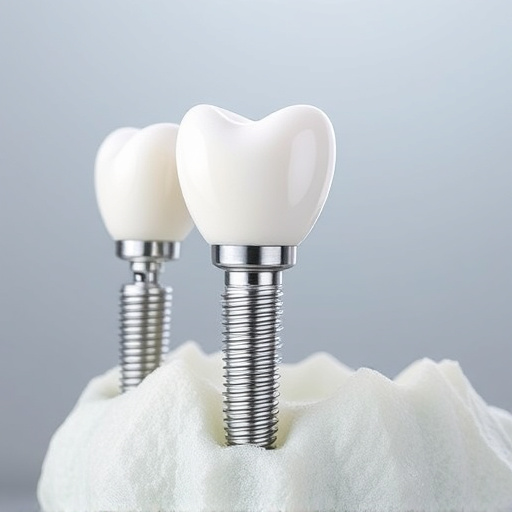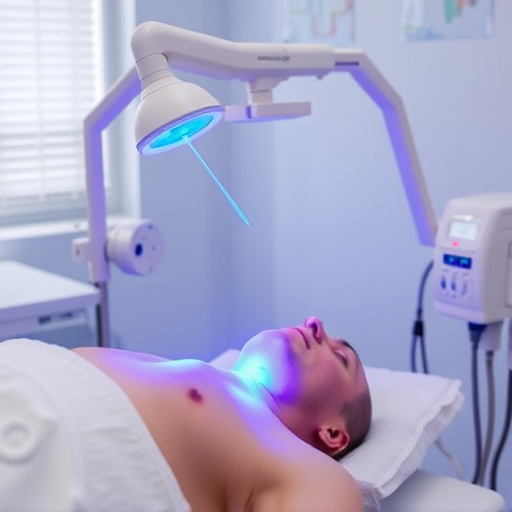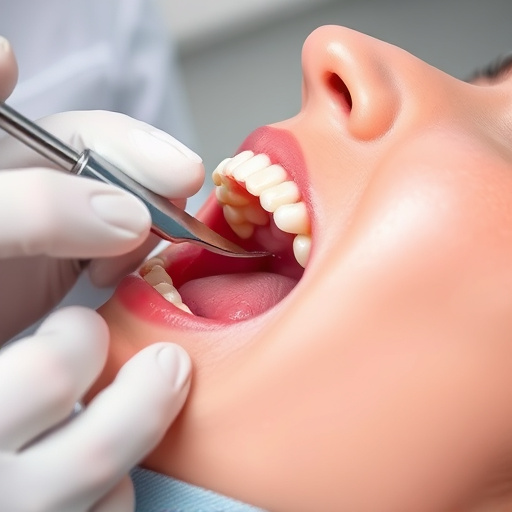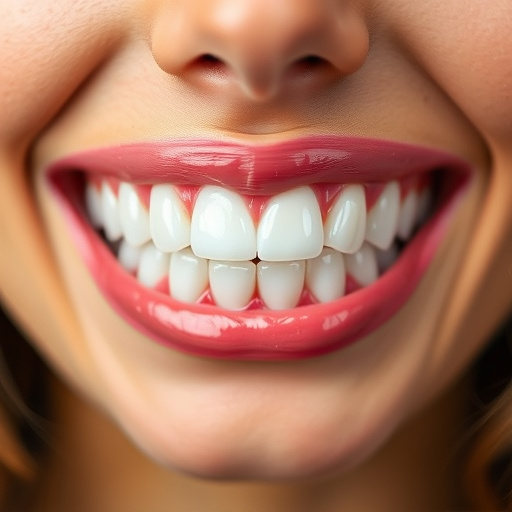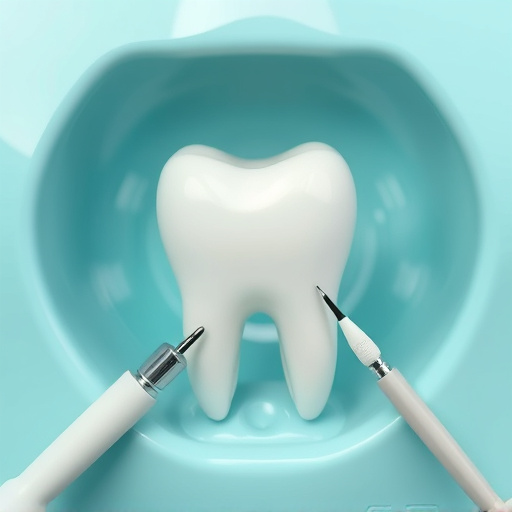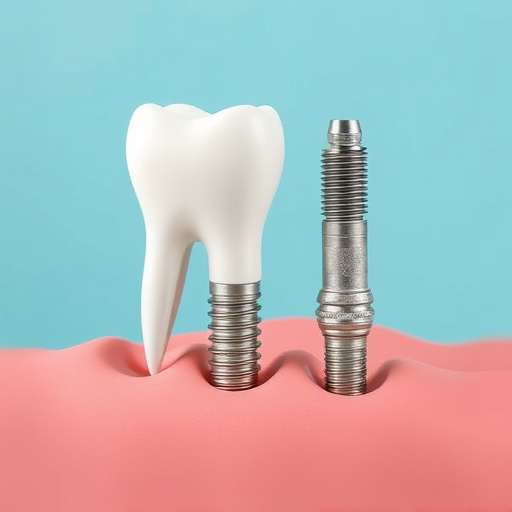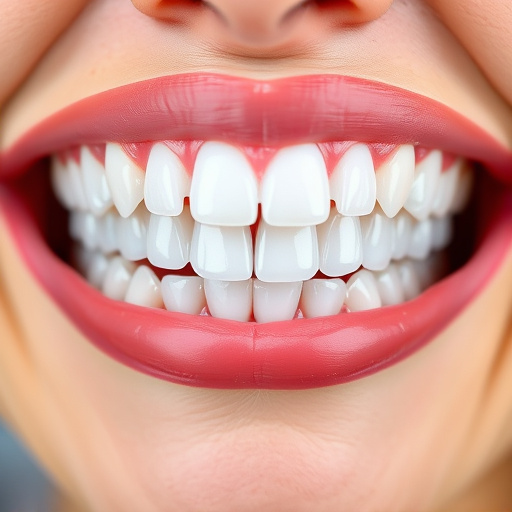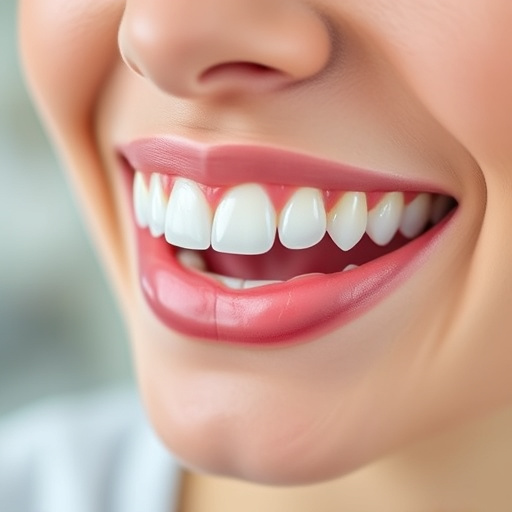Scaling and root planing are minimally invasive dental treatments for plaque, tartar, and bacteria removal above and below the gumline, preventing gum disease progression. Recognizing signs like bleeding gums or bad breath prompts timely care. Regular check-ups, proper oral hygiene, and clear aligner use contribute to health. These procedures offer faster recovery, less discomfort, and preserve healthy dental structures, ideal for periodontal disease treatment and promoting long-term oral health through preventive dentistry.
Discover the transformative power of minimally invasive scaling and root planing—a game-changer in dental care. This advanced procedure offers a gentle yet effective solution for gum health, addressing the buildup of plaque and tartar without the discomfort associated with traditional methods. By understanding the benefits and target audience, you can decide if this scalable option is right for your oral care needs. Explore the details on procedures, advantages, and who stands to gain from this innovative dental treatment.
- Understanding Scaling and Root Planing Procedures
- Benefits of Minimally Invasive Dental Treatments
- Who Needs This Scalable Root Planing Option?
Understanding Scaling and Root Planing Procedures
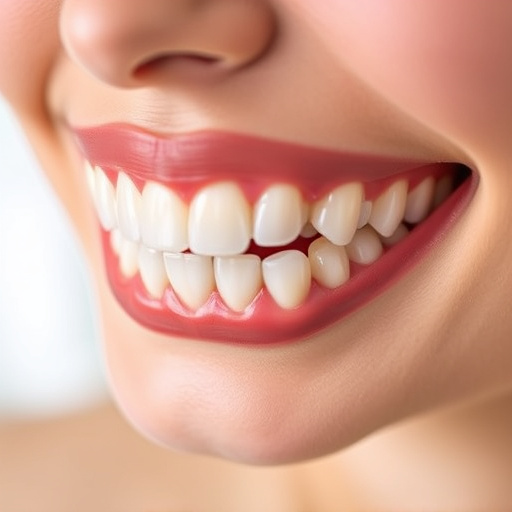
Scaling and root planing are crucial procedures in dental care that focus on removing plaque and tartar buildup from the teeth and gumline. Scaling involves a gentle yet thorough cleaning process where dental tools are used to remove plaque and calculus (tartar) from the tooth surfaces, both above and below the gumline. Root planing takes this a step further by smoothly shaping and polishing the root surfaces of the teeth to eliminate any irregularities or pockets that can harbor bacteria. These minimally invasive procedures are effective in treating gingivitis and early periodontitis, preventing the progression of gum disease, and maintaining oral health.
Understanding when these procedures are necessary is essential for maintaining optimal dental hygiene. Signs like bleeding gums, persistent bad breath, swollen or tender gums, and loose teeth may indicate the presence of gum disease. Emergency dental care can often address these issues, but proactive measures such as regular dental check-ups and proper oral hygiene practices, including brushing twice a day and flossing once daily, are key to preventing the need for more intensive treatments like scaling and root planing. Even clear aligners, when used correctly alongside other hygiene practices, can contribute to maintaining a healthy smile between visits.
Benefits of Minimally Invasive Dental Treatments
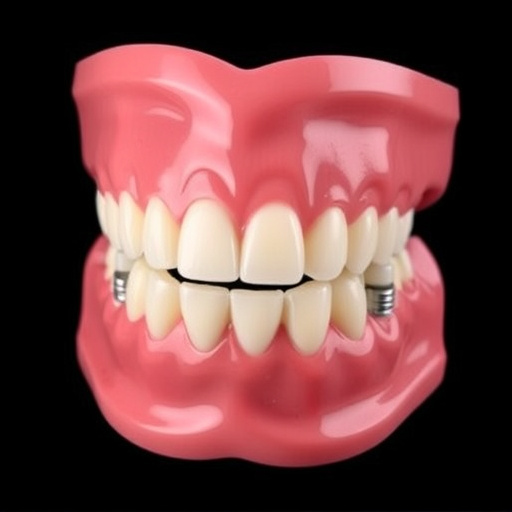
Minimally invasive dental treatments like scaling and root planing offer several advantages over traditional, more aggressive procedures. One of the key benefits is reduced discomfort for patients. These advanced techniques allow dentists to thoroughly clean and maintain the health of teeth and gums with less tissue trauma, minimizing post-procedure pain and sensitivity.
Additionally, minimally invasive scaling and root planing can lead to faster recovery times. By preserving healthy dental structures, these methods help avoid unnecessary damage, enabling patients to return to their normal routines sooner. This approach is particularly beneficial for those who require regular dental cleanings or struggle with gum disease, as it promotes long-term oral health through preventive dentistry practices.
Who Needs This Scalable Root Planing Option?
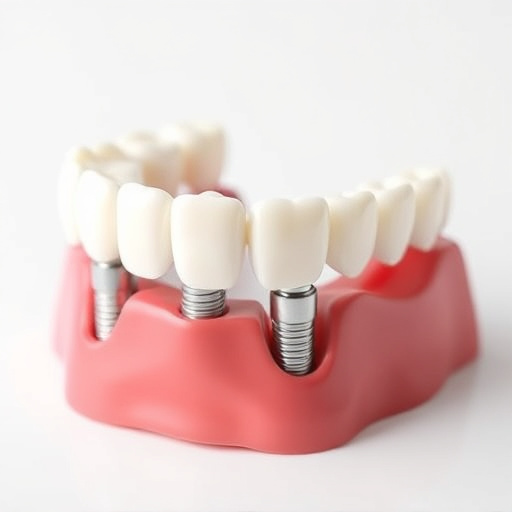
Many people struggle with dental issues like periodontal (gum) disease, which can lead to severe inflammation and potential bone loss if left untreated. Those dealing with deep pocket formations or hardened plaque buildup in hard-to-reach areas may require a more intensive approach to oral care. This is where minimally invasive scaling and root planing come into play as a game-changer.
This scalable root planing option is ideal for individuals facing challenges beyond standard dental cleanings. Whether it’s due to impacted wisdom teeth, chronic gum disease, or complex dental structures, this procedure offers a less disruptive alternative to traditional deep cleaning methods. By removing plaque and tartar buildup at the gumline and roots, it promotes healing and can prevent further complications, ensuring optimal oral health.
Scaling and root planing, a common dental procedure, can now be performed with minimal invasiveness. By adopting innovative techniques, patients experience reduced discomfort, faster healing times, and less tissue damage compared to traditional methods. This advanced approach is particularly beneficial for those susceptible to gum disease or who have experienced previous surgical procedures. Embracing these minimally invasive options ensures a smoother, more comfortable dental care journey while maintaining optimal oral health.


